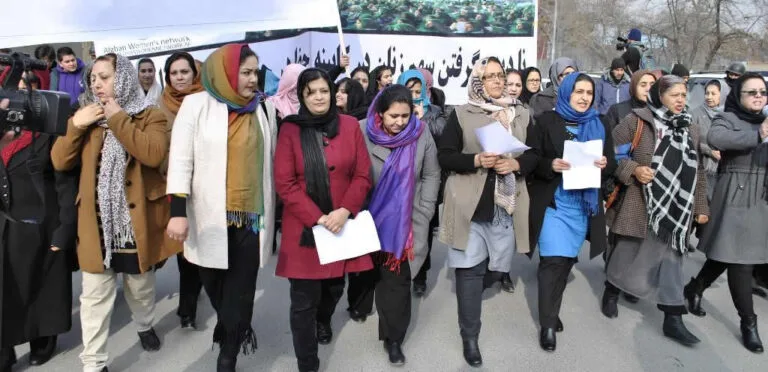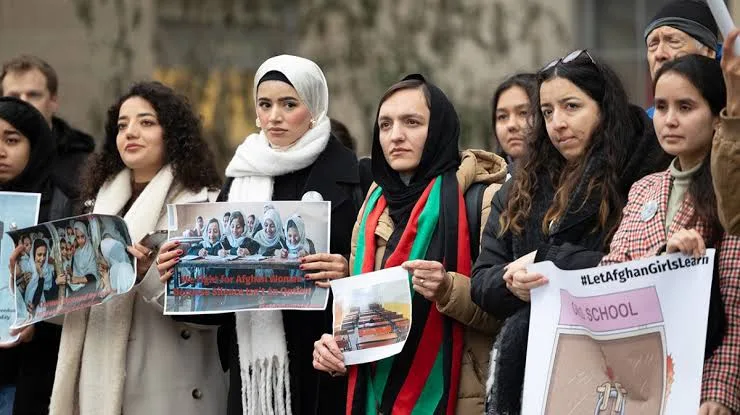The situation for women’s rights in Afghanistan remains dire, with reports indicating a total lack of autonomy for women in the country. Severe restrictions on their rights and freedoms have been imposed, affecting various aspects of their lives.
Restrictions on Education
The Taliban’s policies have led to a significant setback in women’s education. Girls’ schools remain closed, and women are barred from attending universities. This has resulted in a generation of girls and women being denied their right to education.

Limitations on Employment
Women’s employment opportunities have also been severely curtailed. Many women who were previously employed in various sectors have been forced to leave their jobs due to the Taliban’s restrictions. This has not only affected their economic independence but also their overall well-being.

Restrictions on Movement
Women in Afghanistan face significant restrictions on their movement. They are required to obtain permission from a male guardian to travel, and in some cases, they are not allowed to travel alone. This has made it difficult for women to access healthcare, education, and employment opportunities.
Violence and Abuse
The situation on the ground is further complicated by the prevalence of violence and abuse against women. Many women in Afghanistan face physical and emotional abuse, and the lack of protection and support from the authorities has exacerbated the problem.
International Response
The international community has expressed concern over the situation in Afghanistan. Many countries have condemned the Taliban’s actions and have called for the protection of women’s rights.
Conclusion
The situation for women’s rights in Afghanistan is dire, with severe restrictions on their autonomy, education, employment, and movement. The international community must continue to pressure the Taliban to respect women’s rights and freedoms. The people of Afghanistan, particularly women, require support and protection to ensure their basic human rights are respected.
